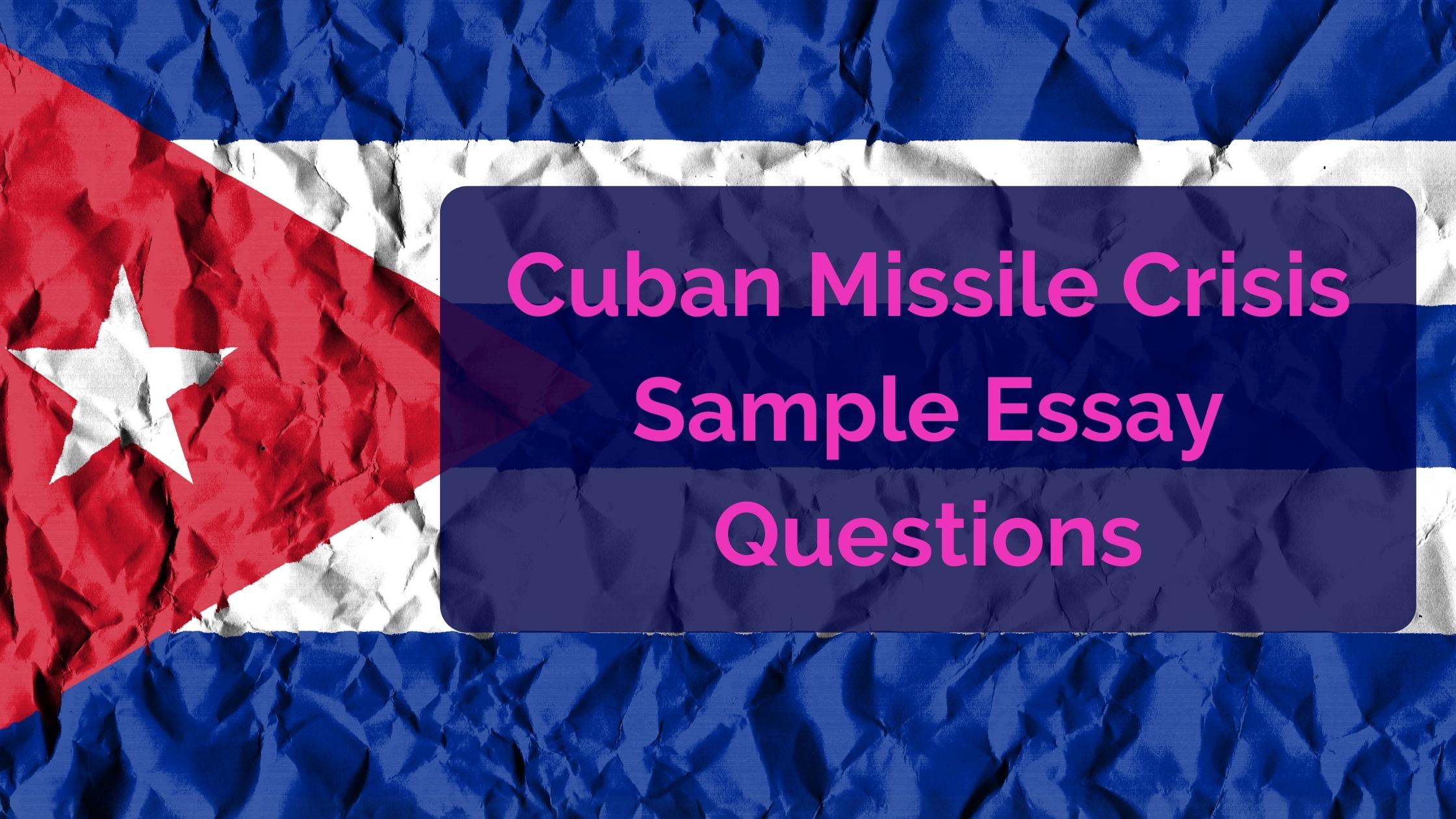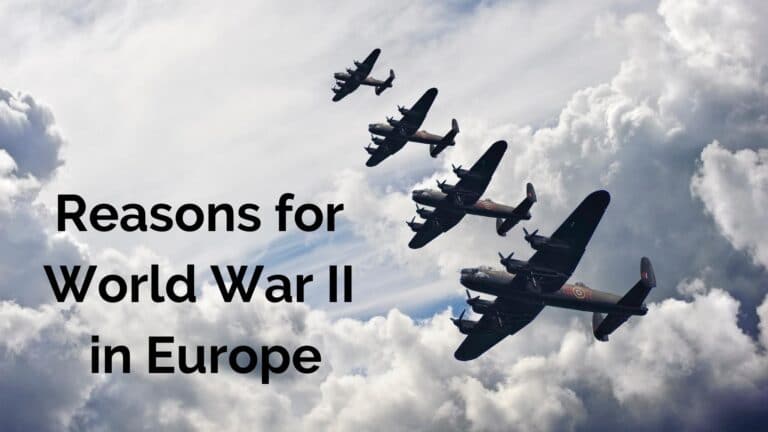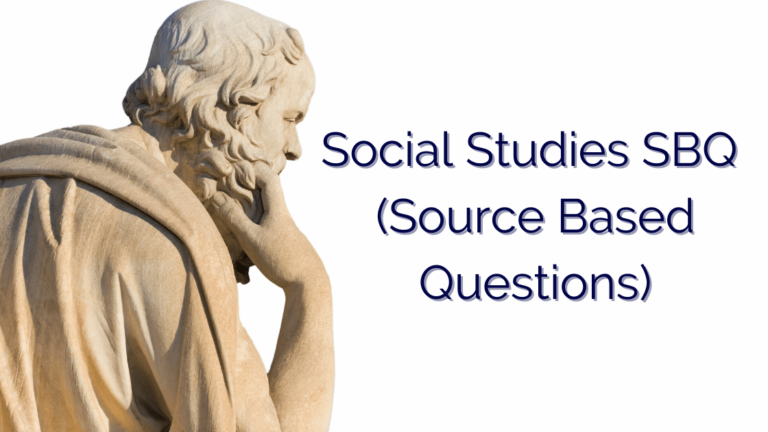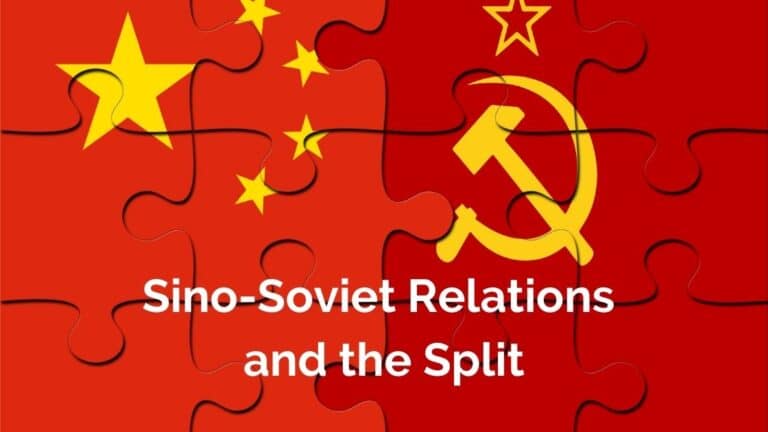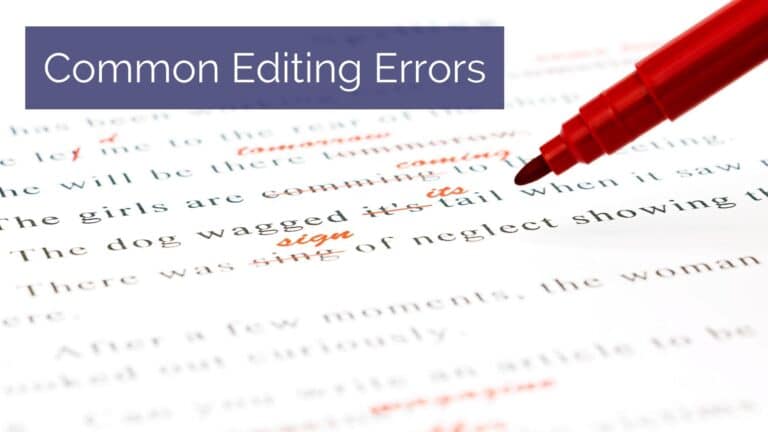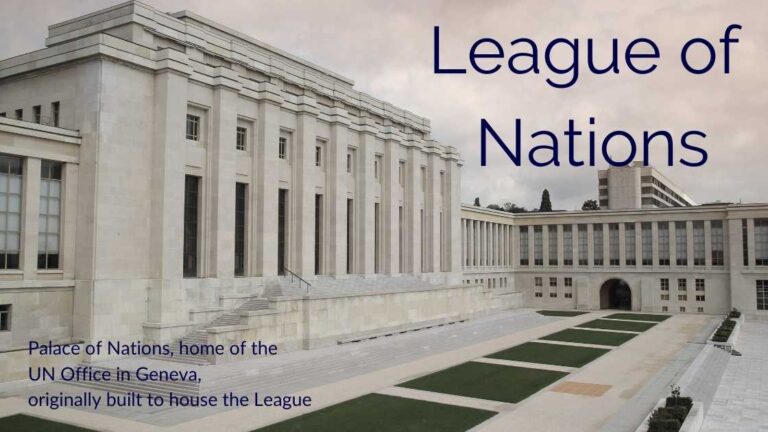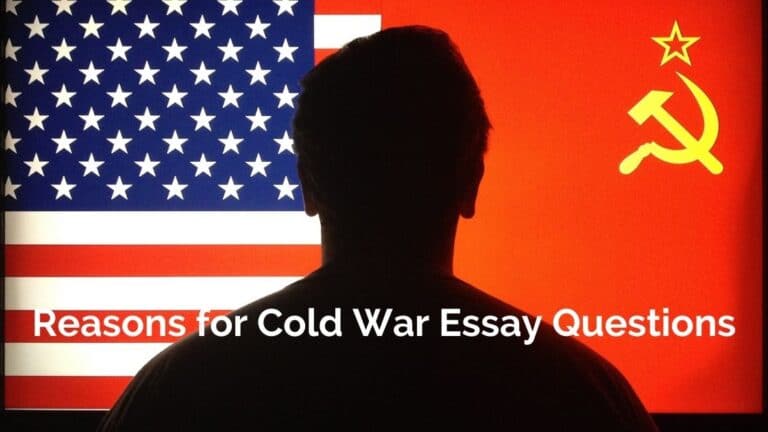Cuban Missile Crisis: 4 SEQ Samples
The Cuban Missile Crisis was a tense 13-day confrontation between the USA and the Soviet Union (and Cuba). It is also believed the closest mankind came to destroying ourselves. You can download the pdf from the box below to find out how to answer questions from this topic.
1. Explain why there were escalating tensions between the USA and Cuba in the 1960s.
(P) Economic pressure on Cuba led to escalating tensions between the USA and Cuba.
(E) Traditionally, Cuba sold most of its sugar to the USA. This arrangement changed when Castro came into power. Castro wanted to break away from American influence and agreed to exchange Cuban sugar with Soviet oil. Thus, the USA tried to put economic pressure on Cuba to stop this agreement.
(E) For example, in 1960, the American government pressured its companies, such as Shell, not to process Soviet oil. As a result, when the Soviet oil arrived in Cuba, the oil refineries refused to process it. Castro retaliated by nationalising the oil refineries. In turn, the USA reduced the Cuban Sugar quota. The series of direct economic clashes between the USA and Cuban eventually prompted Castro to draft the First Declaration of Havana directed against the USA. It defended the Cuban Revolution as a nationalist struggle against foreign aggression, justified due to the USA’s economic exploitation of Cuba. The USA also, in turn, responded by placing an embargo on American exports to Cuba.
(L) Such economic clashes and hostilities between the USA and Cuba eventually led to escalating tension as both were not back down but continued with their retaliation.
(P) In addition, Cuba’s formal alliance with the Soviet Union also further contributed to the escalating tension between the USA and Cuba.
(E) After the Bay of Pigs invasion by American sponsored Cuban rebels, Castro believed that a large-scale attack by America was inevitable and looked desperately for allies. Moreover, military exercises by American armed forces in the Caribbean, simulating the invasion of an unarmed island, further unnerved Cuba.
(E) With such a threatening climate, Castro accepted Soviet Union’s support and joined the side of the communist. In the ongoing Cold War between the Soviet Union and the USA, this move further escalated the tension between the USA and Cuba.
(L) Thus, Cuba becoming closer to the Soviet Union contributed to escalating tensions.
2. “Castro was responsible for the breakdown of relations between the USA and Cuba.” How far do you agree with the statement? Explain your answer.
(P) I agree that Castro was responsible for the breakdown of relations between the USA and Cuba.
(E) After becoming Cuba’s Prime Minister, Castro sought new markets to sell Cuba’s exports and found the USSR to be the new big buyer of Cuba’s sugar. As a result, Castro and Khrushchev agreed on a deal that saw a million tonnes of sugar sold to the USSR. This agreement angered the USA. Castro’s Land Reform Law also further worsened relations between Cuba and the USA, where land was seized from large business owners and redistributed across the farmers in Cuba. Castro’s new policies also drove out large American tobacco businesses.
(E) Thus, Castro’s actions as the Prime Minister worsened relations between Cuba and the USA as his policies seemed to be moving towards a communist-style of governance which was a threat to the USA. Also, Castro’s new economic policy negatively affected America’s investments and influenced the American economy.
(L) Thus, Castro was responsible for the breakdown of Cuban-US relations.
(P) However, the USA was also responsible for the breakdown of relations with Cuba.
(E) After Castro rose to power in Cuba, the USA planned to force Castro to change his policies or bring down Castro’s government. The USA reduced the Cuban Sugar Quota from 3 million tonnes to 700,000 tonnes and pressured oil companies to reject oil processing for Cuba. Furthermore, Kennedy placed great efforts to remove Castro from power through covert operations. One of which was the Bay of Pigs invasion in 1961. However, it failed to overthrow Castro.
(E) Thus, the USA’s actions targeted at Cuban economy and directed attacks to remove Castro from power. Since the USA made it blatant to bring down Cuba, it pushed Castro further away from the USA, thus worsening the relations between the two countries.
(L) Hence, the USA was also responsible for the worsening relations between the USA and Cuba.
(J) In conclusion, the USA was responsible for the worsening of relations. Both parties actively sought to bring each other down and did not allow reasonable negotiation. USA’s malicious actions had existed before Castro’s rule. Eventually, the hostility of the USA through the covert operations infuriated Castro and pushed him to seek new allies in the USSR. It was a downhill spiral of relations that seeded the Cuban Missile Crisis.
3. “The Cuban Missile Crisis was an unprovoked act of aggression by the Soviets.” Do you agree with the statement? Explain your answer.
(P) I agree that the Cuban Missile Crisis was an unprovoked act of aggression on the Soviets.
(E) The USSR was interested in the affairs of Cuba as Cuba was potentially a strategic asset against the US in the Cold War. Moreover, securing Cuba allowed the USSR to have a base near the USA, reducing the missile gap between the two superpowers. Furthermore, Khrushchev recognised the potential of placing intercontinental ballistic missiles on Cuba, ensuring that the USSR could threaten all the US major cities within the range from Cuba.
(E) The rockets were the Soviet’s way of giving the US a taste of its own medicine as the US had installed Jupiter missiles in Turkey which threatened the southern and western parts of the USSR. Politically, Khrushchev had hoped to strengthen his hand by leveraging upon Cuba to extract further concessions regarding West Berlin in Germany and enhance Soviet prestige in the light of the Sino-Soviet schism that was slowly emerging.
(L) Thus, in this instance, the USSR had unnecessarily provoked the US into reacting to this crisis.
(P) However, the US was equally at fault and had unnecessarily created the chain of events that resulted in the intensified situation, which led to the Cuban Missile Crisis.
(E) The US military threat towards Castro’s leftist regime drove Castro into an alliance with the USSR. The failed Bay of Pigs invasion did not mark the end of American intervention and instead strengthened the US resolve to remove Castro from power and install a pro-US government. Kennedy authorised the covert CIA Operation Mongoose, where intelligence operations encouraged open revolt and overthrow of the Castro regime.
(E) Thus, when Khrushchev sent a letter of support to Castro, Castro sought a formal defence treaty with the USSR to prevent further US aggression against Cuba. Castro’s invitation allowed the USSR to gain an important ally geographically very close to the US.
(L) The US must bear responsibility for pushing Castro to solidify his links with the USSR and lay the foundations for the prelude to the crisis.
(P) Furthermore, the US was using spy planes on Cuba, which went against the principles of international law.
(E) When they discovered the missiles, the US deftly presented the case to the UN to pre-empt any unilateral military action that Cuba might take to secure its borders. The irony, of course, was that US missiles in Western Europe also threatened Soviet borders, so much action was certainly unfair and underhanded. In addition, the US even illegally implemented a quarantine blockade around Cuba which, as the Soviets argued, was against international law regarding the freedom of the seas.
(E) The USA went against diplomatic norms to create the crisis.
(L) Thus, the US was partly responsible for intensifying the crisis also.
(J) In conclusion, both countries are equally guilty of the Cuban Missile Crisis. Khrushchev had already solidified his support for Cuba when Castro declared himself in December 1961 as a ‘Marxist-Leninist’ and established a Communist Party that united various political parties under its banner in a one-party state. The development was probably significant enough to warn the US not to apply further pressure, but the USSR went out of line by sending nuclear missiles to Cuba.
Nonetheless, the US’s continuous actions to destabilise the Castro regime played a significant role in making Cuba move closer to the USSR and ultimately encouraging the USSR to take advantage of Cuba as a Cold War proxy to fulfil their own political needs. American actions also played a significant role to bring both Superpowers on the verge of brinkmanship in implementing the naval blockade of Cuba.
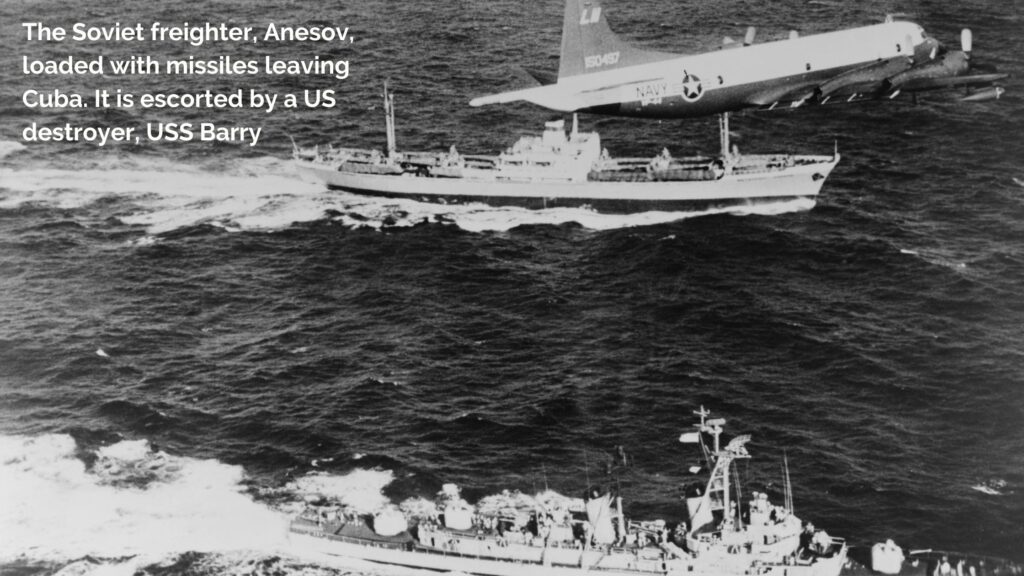
4. “The USSR was the undisputed winner of the Cuban Missile Crisis.” How far do you agree with this statement? Explain your answer.
(P) The USSR was the primary winner of the Cuban Missile Crisis.
(E) The Soviet Union got the USA to remove the Jupiter missiles from Turkey. The USSR also secured the safety of Cuba, and the USA also came to accept the Communist status of Cuba. The relations between the USA and USSR also improved considerably with the peaceful resolution of the Cuban Missile Crisis, even though it was short-lived.
(E) The Crisis enabled Khrushchev to achieve his goals of ensuring the Soviet Union’s and Cuba’s safety.
(L) Thus, the USSR is the primary winner in the Cuban Missile Crisis.
(P) However, the USA is also victorious as it achieved its primary aim of removing the Soviet missiles from Cuba.
(E) The USA scored significant victories because Kennedy managed to secure his country’s national security by removing Soviet missiles from Cuba. The removal was Kennedy’s topmost priority, and he achieved it without waging war and at a relatively low cost of firing the Jupiter missiles that were already obsolete in Turkey. At the same time, the US citizens were very impressed with the way Kennedy handled the national crisis, and many hailed him as a hero who saved the USA from the problem.
(E) His popularity skyrocketed from this incident as he succeeded in diffusing the crisis.
(L) Thus, the USA was the undisputed major winner of the Cuban Missile Crisis.
(P) Cuba was also a significant winner of the Cuban Missile Crisis.
(E) Although the Soviets removed their missiles from Cuba, Cuba’s security was safe as the USA guaranteed that it would not invade Cuba in the future. The Soviet Union continued to support Cuba as an ally, which may have deterred the USA from invading Cuba. In this way. Castro remained in power, and Cuba remained communist despite numerous attempts by the USA to weaken and remove him. Castro gained even more support from the Cubans and defied the USA.
(E) In contrast, both the USA and the Soviet Union made concessions and lost credibility among their allies, albeit at different degrees.
(L) Thus, Castro was a big winner in the Cuban Missile Crisis.
(J) In conclusion, I believe that Castro is the undisputed winner of the Cuban Missile Crisis. After this event, the Americans tolerated Cuba, and Castro became even more popular in Cuba and stayed as its leader for decades.
Even though Kennedy was hailed as a hero in his country after the Cuban Missile Crisis was resolved peacefully, historians criticised him for brinksmanship. Khrushchev lost his support base with the communist party as he was deemed weak in his dealings with the democratic USA. Thus, Castro was the undisputed winner in the Cuban Missile Crisis.
Conclusion
This is part of the History Structured Essay Question series. For more information about O level History, you can go here. You can download the pdf version below.
The other chapters can be found here:
- Treaty of Versailles
- League of Nations
- Rise of Stalin
- Stalin’s Rule
- Rise of Hitler
- Hitler’s Rule
- Reasons for World War II in Europe
- Reasons for the Defeat of Germany
- Reasons for World War II in Asia-Pacific
- Reasons for the Defeat of Japan
- Reasons for the Cold War
- Korean War
- End of the Cold War

Critical Thought English & Humanities is your best resource for English, English Literature, Social Studies, Geography and History.
My experience, proven methodology and unique blend of technology will help your child ace their exams.
If you have any questions, please contact us!

